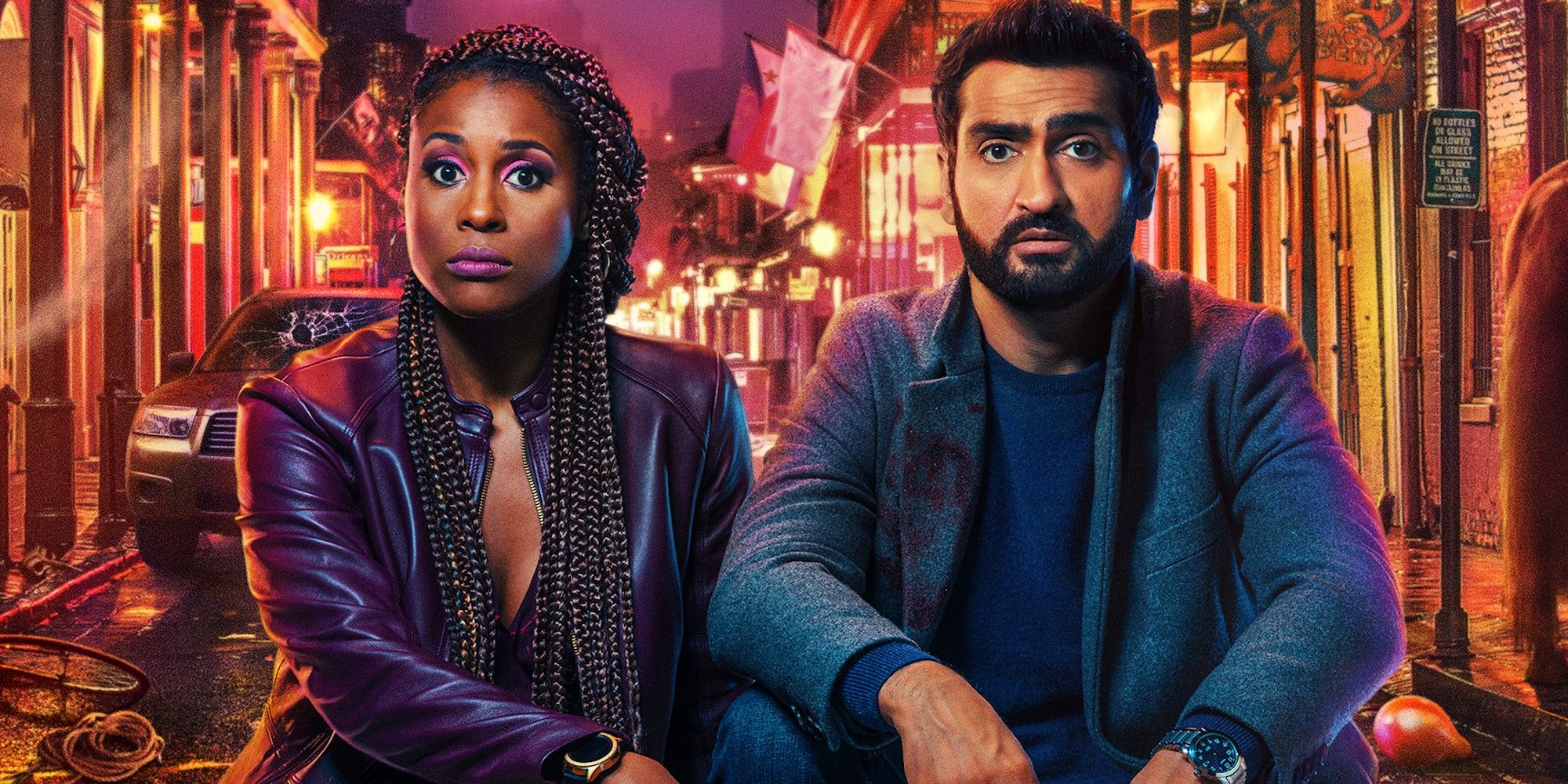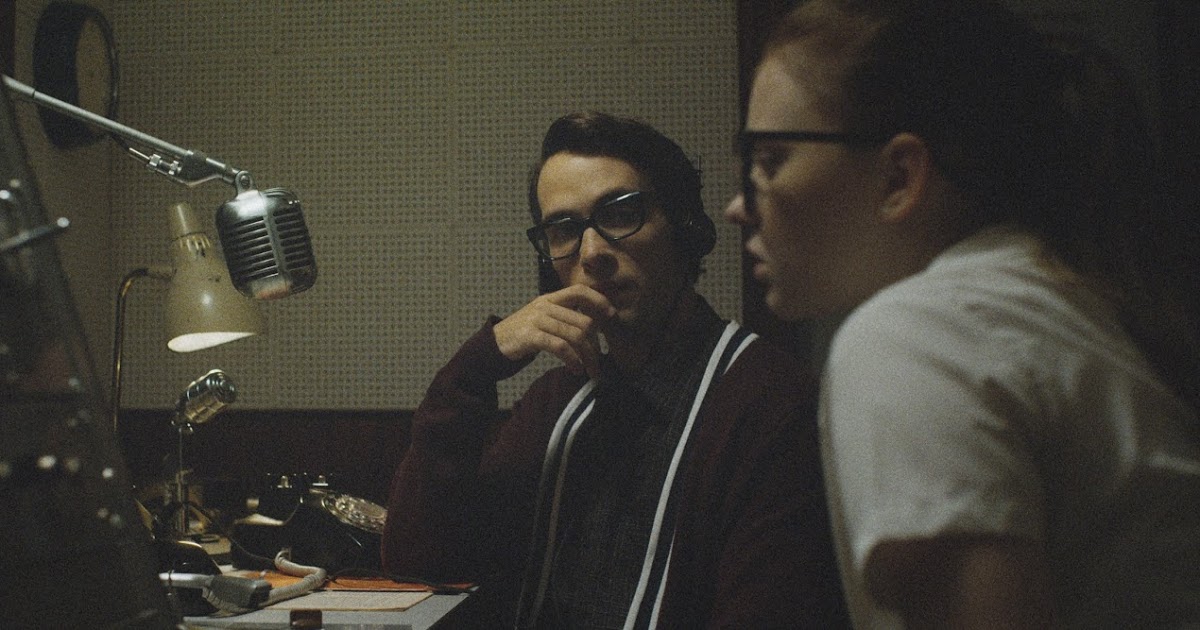The Deeper You Dig
by Hope Madden
Micro-budget horror movie The Deeper You Dig is co-written and co-directed by husband and wife John Adams and Toby Poser, who co-star alongside their daughter Zelda Adams. This is a story about an unusual family created by an unusual family.
The film centers on a close if unconventional mother/daughter duo (Poser and Adams the younger). The two make ends meet in a rugged mountain town by taking advantage of townies looking to hear their fortunes. But when her daughter goes missing, Ivy (Poser) reconnects with her long-forgotten abilities to determine what the police can’t.
Poser is particularly impressive, and what may be the most intriguing thing about the way the film is written is how both Ivy and daughter Echo are characterized. No cliché suits these two—each is carved out uniquely, a blend of dissonant ideas that feel authentically human. Their undiscussed but clearly present “outsider” nature only serves to underscore their emotional need for each other, which gives the mystery resonance and adds a little integrity to the supernatural elements as well.
Ivy’s relationship with new-in-town Kurt (John Adams) is even more peculiar—rightly so. Adams the elder delivers a twisty, haunted performance that’s the real heart of the film’s horror. His work is both physical and emotional, with personality changes that never feel forced or showy.
Not every performance is as strong as the central three, and not every beat in the plot works. Certain moments feel pulled from TV melodramas, and the film’s micro-budget is most felt whenever CGI is employed.
But The Deeper You Dig makes an excellent case for seeking out low-budget indies. It’s creepy and satisfying. It explodes clichés, keeps you guessing, and takes advantage of the clear trust among the actors to create an unusual and compelling family dynamic.
Even with its handful of missteps, The Deeper You Dig clearly represents a group of filmmaking talent to keep an eye on.















